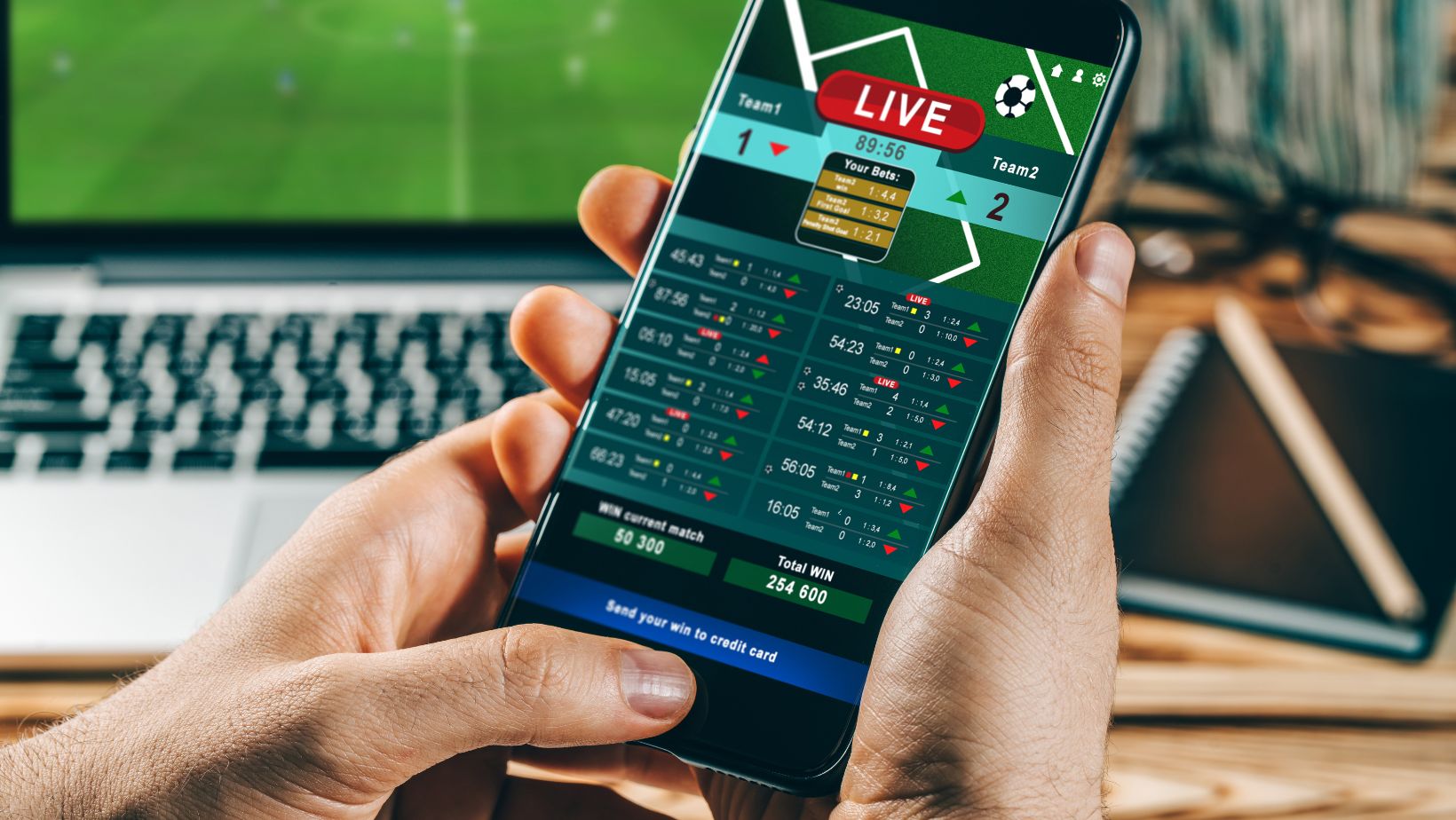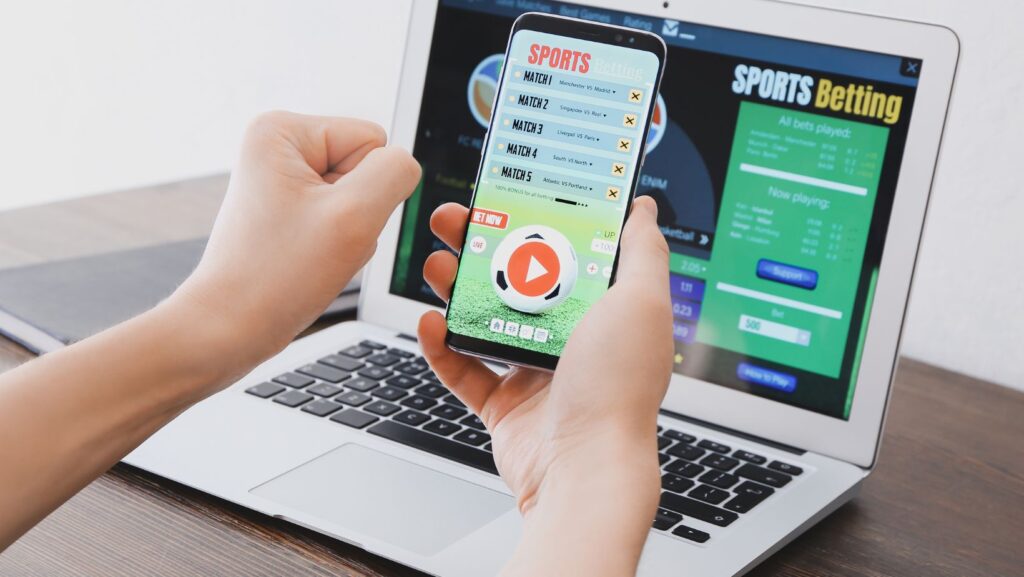You check a game’s betting line Monday morning and see the Cowboys favored by 3.5 points. By Sunday, that same line has moved to 6 points. What happened? Did the Cowboys suddenly become a much better team, or is something else driving these changes?
Understanding how sportsbooks create and adjust betting lines is essential for anyone who wants to bet smarter and find actual value in the market.
Understanding line movement requires access to platforms that offer transparent pricing and diverse betting markets for comparison purposes. Bet 442 provides comprehensive sportsbook features alongside casino entertainment, with welcome bonuses that help you track line movements across different markets while building analytical experience.
The Initial Line: Where It All Starts
Opening lines aren’t created by some magical algorithm that perfectly predicts outcomes. They’re starting points designed to attract roughly equal betting action on both sides while accounting for public perception.
The Process:
- Statistical modeling using historical data, team performance metrics, and situational factors
- Market research on how the public perceives both teams
- Risk assessment based on the sportsbook’s expected betting patterns
The opening line is often intentionally “wrong” to account for predictable public betting behavior. If the sportsbook knows 70% of bets will come in on the Cowboys, they might open Dallas at -2.5 instead of -4 to encourage more action on their opponent.
Why Lines Move: It’s Not About Predictions
Contrary to popular belief, line movement isn’t primarily about sportsbooks updating their predictions. It’s about managing risk and maintaining profitability.
Public Money vs. Sharp Money
Public betting creates predictable patterns:
- Favorites get too much action (people like betting on winners)
- Overs are more popular than unders (people want exciting, high-scoring games)
- Home teams get inflated action, especially in the playoffs

- Bet larger amounts ($10,000+ per wager)
- Focus on mathematical value rather than a rooting interest
- Often have access to information before it becomes public
When sharp money hits a line, sportsbooks typically move it immediately, even if public money hasn’t followed yet. Why? Because sharp bettors are historically more accurate than the general public.
The Balancing Act: Risk Management in Action
Sportsbooks don’t want to predict games perfectly – they want to manage their risk exposure. Here’s how it works:
Scenario: Cowboys vs. Giants, Cowboys opened -3.5
- Public money pours in on Dallas, creating 80% of the bet count on the Cowboys
- Sportsbook moves line to Cowboys -5.5 to encourage Giants betting
- Line movement continues until betting approaches a more balanced split
The Goal: Not perfect prediction, but controlled liability. Even if the sportsbook is “wrong” about the game outcome, balanced action ensures profitability.
Information Impact: When News Moves Lines
Certain types of information create immediate line adjustments:
High-Impact News:
- Starting quarterback injuries (can move lines 3-7 points instantly)
- Weather conditions for outdoor games (wind affects passing games, rain favors running teams)
- Key player suspensions announced close to game time
- Coaching changes or major roster moves
Lower-Impact News:
- Minor injuries to non-skill position players
- General team news without immediate competitive impact
- Motivational storylines that don’t affect on-field performance
The speed and magnitude of line movement often reveal how significant the information actually is, not just how it’s being reported in the media.
Analyzing betting patterns often extends into other gaming areas where similar mathematical principles apply. Studying push gaming titles reveals how complex probability systems work in practice, providing valuable insights into mathematical gaming models without sports betting risk.
The Vig: Why Sportsbooks Always Win
Even perfect game predictions won’t guarantee betting profits because of the vigorish (vig) – the built-in fee that ensures sportsbook profitability.
Standard Pricing: Most bets are priced at -110, meaning you must risk $110 to win $100.

Practical Impact: The vig creates a margin for error that favors the house. Even if you’re slightly better than average at picking winners, you might still lose money over time without proper bankroll management.
Market Efficiency and Line Shopping
Different sportsbooks often offer different lines for the same game, creating opportunities for sharp bettors:
Why Lines Differ:
- Different customer bases create different betting patterns
- Varying risk tolerance between sportsbooks
- Promotional strategies to attract action on specific games
- Speed of adjustment to new information
Example: DraftKings might have Cowboys -4.5 while FanDuel offers Cowboys -3.5. The half-point difference might seem small, but it’s significant for professional bettors wagering large amounts.
Timing Your Bets: Early vs. Late
Early Week Advantages:
- Lines may not fully account for all available information
- Less public betting action means less line movement
- Sharp money hasn’t necessarily found all the value yet
Late Week Advantages:
- More information available (injury reports, weather forecasts)
- Can observe line movement patterns to identify where smart money is going
- Final injury reports often create last-minute value
What This Means for Your Betting
Understanding line creation and movement helps you:
- Identify value by recognizing when public perception differs from reality
- Time your bets to get the best available number
- Follow the smart money by watching how lines move in response to different types of betting action
- Avoid bad bets by understanding when you’re betting into inflated lines
The Bottom Line: Sportsbooks aren’t trying to predict game outcomes perfectly – they’re trying to manage risk while extracting maximum profit from betting action. Smart bettors can exploit this system by understanding the difference between actual game probabilities and market pricing.
The key insight? Lines reflect betting market dynamics as much as they reflect actual game probabilities. Understanding this distinction is essential for anyone serious about sports betting success.


More Stories
Leading 7 Games to Try This Spring: Expert Guide to Unforgettable Casino Experiences
Online Scratch Card Games for Big Winnings
What Makes Keno So Popular